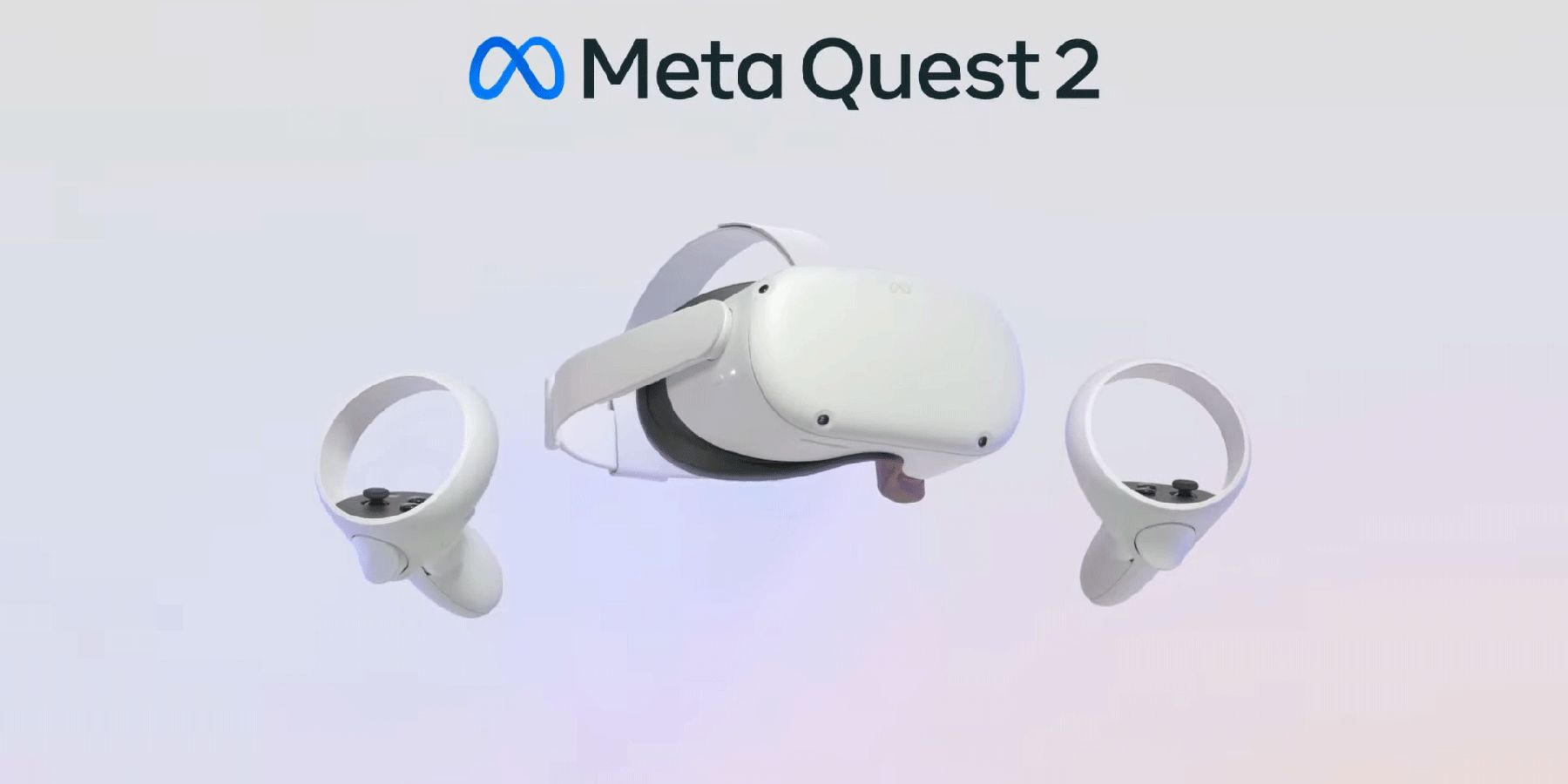Meta has recently announced the introduction of 2D apps for its virtual reality (VR) platforms, marking a significant expansion of its VR app store. This development allows developers to bring traditional mobile experiences into the VR environment, thereby increasing the versatility and appeal of Meta's VR offerings.
Key Highlights:
-
Integration of 2D Apps: Meta's VR app store will now support phone-style 2D apps, enabling developers to create and integrate traditional 2D applications alongside virtual and augmented reality experiences. This move is part of Meta's broader strategy to enhance the functionality and user experience of its VR platforms .
-
Developer Opportunities: The introduction of 2D apps opens up new possibilities for developers, allowing them to leverage existing mobile app frameworks and tools to create immersive experiences for Meta's VR ecosystem. This includes support for progressive web apps, WebXR, Android native apps, and a new spatial app framework .
-
Enhanced User Experience: Users can expect a more seamless and integrated experience, with features such as multitasking, spatial audio, and the ability to run apps in the background. This enhancement aims to make VR more accessible and engaging for a broader audience .
-
Meta's Vision for the Future: This initiative is part of Meta's ongoing efforts to build a comprehensive metaverse, where digital and physical realities converge. By incorporating 2D apps, Meta aims to attract more users and developers to its VR platforms, thereby accelerating the adoption of VR technology .
Visual Insights:
- A colorful virtual environment showcases characters interacting with VR gear, highlighting the immersive potential of Meta's VR platforms
 .
. - The Meta Quest 2 headset and controllers are prominently displayed, emphasizing their sleek design and functionality in VR applications
 .
.
This expansion into 2D apps represents a strategic move by Meta to enhance its VR ecosystem, making it more versatile and appealing to both developers and users. By bridging the gap between traditional mobile apps and immersive VR experiences, Meta is positioning itself as a leader in the evolving landscape of digital interaction.


